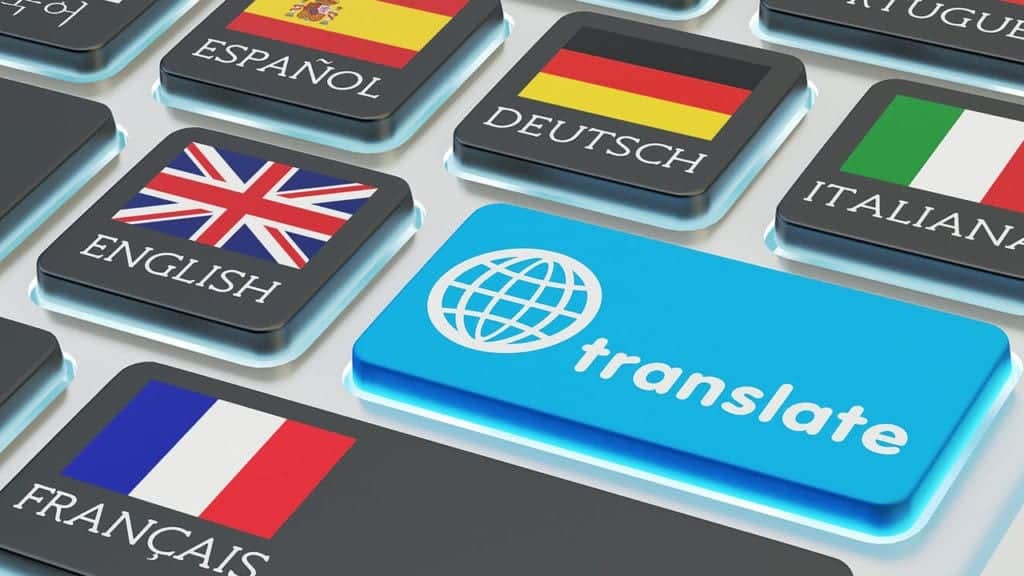In today’s fast-paced digital age, where communication happens in abbreviations and emojis, there’s a quiet resurgence in the appreciation of historical language. From literature lovers and linguistics students to fantasy writers and gamers, more and more people are diving into the fascinating depths of the English language’s history. Two periods that stand out the most? The gritty, raw tones of Old English and the poetic brilliance of Shakespearean English.
But these older forms of English can be nearly impossible to understand without help. That’s where modern technology comes to the rescue. With the right tools, you can decode ancient texts, craft authentic dialogue, or just have fun transforming everyday language into something out of a medieval epic or Elizabethan stage play.
Let’s explore two of the best tools for doing exactly that—an Old English Translator and a Shakespearean Translator—and why they’re gaining popularity across education, entertainment, and creative writing.
Translate the Language of the Anglo-Saxons: Try This Old English Translator
If you’ve ever come across a passage from Beowulf or tried reading an Anglo-Saxon inscription, you know just how different Old English is from modern English. It’s not just about odd spellings or archaic words—the grammar and vocabulary are almost entirely foreign. Learning it from scratch can take years of study. But now, thanks to modern tools, it doesn’t have to.
One such tool is this free and easy-to-use Old English Translator. It’s designed for students, history enthusiasts, writers, and even tattoo seekers who want historically accurate phrases in Old English. With a simple interface, you can enter any modern English phrase and see its Old English equivalent instantly.
This translator is not only a fun curiosity—it’s also incredibly practical. Whether you’re creating content set in early medieval times, trying to interpret ancient text, or just want to explore the roots of the English language, this tool saves hours of research and guesswork. And because it’s web-based and free, it’s accessible anytime, anywhere.
Why Use an Old English or Shakespearean Translator Today?
At first glance, exploring historical English might seem like a niche hobby. But it has real value in today’s creative and academic spaces. Here’s why:
- Educational Benefits: Translators help students understand the evolution of English, offering context to literary studies and historical research.
- Creative Writing: Fantasy and historical fiction writers benefit enormously from tools that ensure accuracy and authenticity in dialogue and world-building.
- Gaming and Roleplay: RPG players and game designers often need period-accurate language to enhance immersion in medieval or Renaissance settings.
- Cultural Engagement: Understanding Shakespeare or Old English helps deepen appreciation for theater, literature, and even genealogy.
In fact, with increasing interest in historical accuracy in everything from cosplay to classroom lessons, these translators have become more than novelty—they’re essentials.
Speak Like the Bard: Enhance Your Writing with a Shakespearean Translator
While Old English represents the language of early medieval England, Shakespearean English—or Early Modern English—is the language of theater, poetry, and romance. From “thou” and “hast” to sonnets filled with metaphor, Shakespeare’s unique style can be difficult to decipher or replicate for modern readers.
Whether you’re preparing for a performance, writing a themed piece, or simply want to understand the meaning behind famous Shakespearean quotes, a quality translation tool makes a big difference. This intuitive Shakespearean Translator is designed to help you turn plain modern English into text worthy of the Globe Theatre—or translate Shakespeare’s words into today’s vocabulary.
What sets it apart is its creative flexibility. It’s useful for:
- Rewriting modern text in Shakespearean style for fun or art
- Translating original Shakespeare for better understanding
- Crafting love notes or wedding vows with a romantic, vintage touch
- Students seeking help in literature assignments
The translator opens up a world of possibilities, from educational to whimsical, giving everyone the ability to “speaketh like the Bard” without breaking a sweat.
Final Thoughts: Language as a Bridge Between Eras
Language is one of the most powerful ways to connect with the past. Whether you’re uncovering your ancestry, acting in a play, or just experimenting with fun writing styles, the right translator makes these experiences more engaging and accessible.
The Old English Translator and the Shakespearean Translator are both excellent, user-friendly tools that unlock doors to different eras of English. With their help, you can translate ideas into history—or history into modern meaning.
Start your journey today. After all, as Shakespeare once wrote, “What’s past is prologue.”
Read More From Techbullion































